Morocco is a mountainous nation in western North Africa that borders Spain on the other side of the Strait of Gibraltar. Morocco has experienced significant migration and has long been the location of urban communities that were initially populated by individuals from outside the region. Islam is the religion of the state where Sunni Muslims makes up the majority the Muslim population and fewer than 0.1 percent is Shia Muslims. Christians, Jews, and Baha'is are three groups that collectively make up less than 1% of the population.
TGM Morocco Ramadan Insights 2023
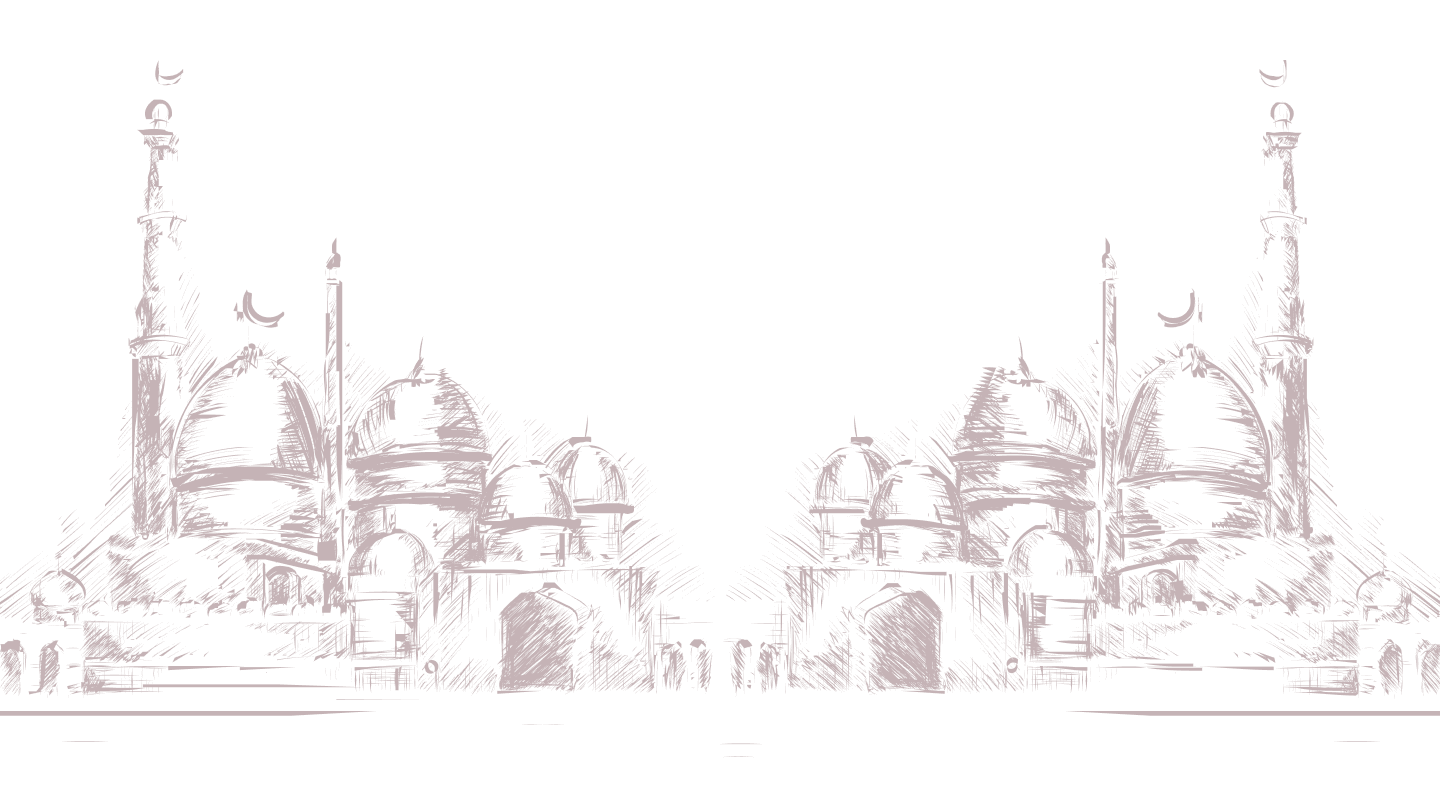
TGM 2023 Ramadan Insights in Morocco
Population of Morocco
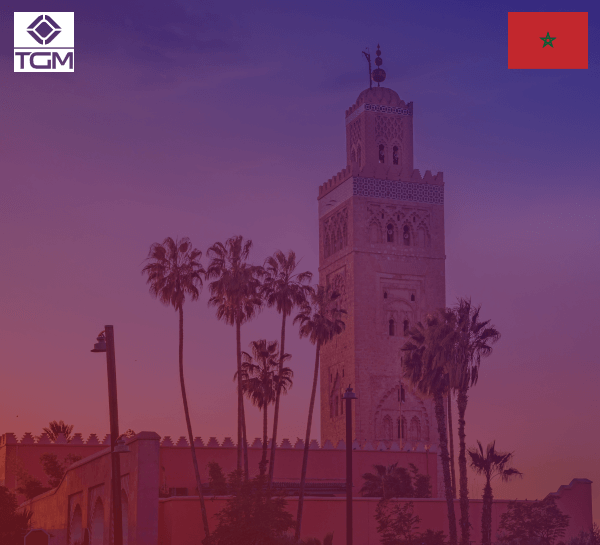
-
worldometers.info
38.05 million
-
knoema.com
64.6%
-
en.reingex.com
37.55 million
-
datareportal.com/reports/digital-2022-Morocco
31.59 million
-
datareportal.com/reports/digital-2022-Morocco
23.8 million
Morocco does not use a calendar to determine when a religious festival begins and ends but instead using moon observations to determine. Muslim Moroccans - even if some of them do not consider themselves to be Muslims and many are not practicing - are strictly obliged by law to refrain from eating in public during the month of Ramadan, refrain from drinking wine, and refrain from converting to another religion. Routines for eating, sleeping, and prayer change for 30 days and nights, including fasting to 13+ hours a day.
At the start of a normal Ramadan day in Morocco, there are sounds from the town crier’s horn (called ‘nafar’) to wake up families for the pre-dawn meal. For the iftar, Moroccan enjoys traditional sweets like sellou and chebakia. After the iftar, a cannon blast signals the beginning of the 24-hour fast, and followed by zowaka, an air raid siren, signals the end of the fast at dusk.
For tarawih and tahajjud prayers, Moroccans travel to surrounding mosques. Extra congregational prayers are also offered throughout this holy month so that individuals might read the Quran and dedicate themselves to Allah.
Ramadan in 2023 is expected to start in Morocco on Wednesday, March 22, 2023, and followed by the Eid al Fitr festival on Thursday, April 20, 2023.
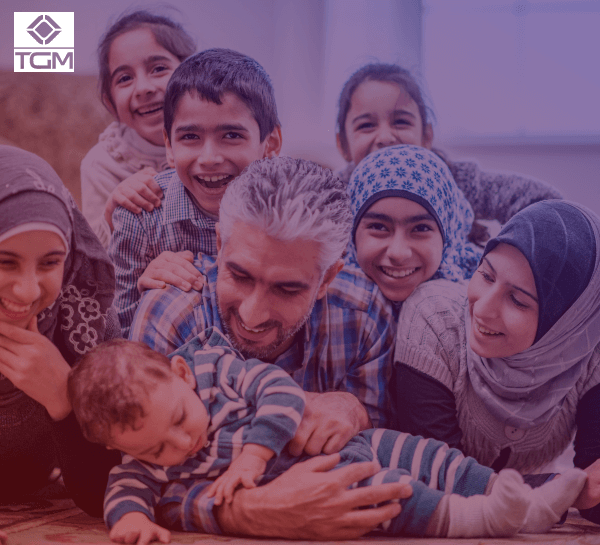

2023 Ramadan around the country
How Ramadan celebrated in Morocco ?
Morocco does not use a calendar to determine when a religious festival begins and ends but instead using moon observations to determine. Muslim Moroccans - even if some of them do not consider themselves to be Muslims and many are not practicing - are strictly obliged by law to refrain from eating in public during the month of Ramadan, refrain from drinking wine, and refrain from converting to another religion. Routines for eating, sleeping, and prayer change for 30 days and nights, including fasting to 13+ hours a day.
At the start of a normal Ramadan day in Morocco, there are sounds from the town crier’s horn (called ‘nafar’) to wake up families for the pre-dawn meal. For the iftar, Moroccan enjoys traditional sweets like sellou and chebakia. After the iftar, a cannon blast signals the beginning of the 24-hour fast, and followed by zowaka, an air raid siren, signals the end of the fast at dusk.
For tarawih and tahajjud prayers, Moroccans travel to surrounding mosques. Extra congregational prayers are also offered throughout this holy month so that individuals might read the Quran and dedicate themselves to Allah.
Ramadan in 2023 is expected to start in Morocco on Wednesday, March 22, 2023, and followed by the Eid al Fitr festival on Thursday, April 20, 2023.
Selected insights from the survey
Key highlights from the TGM Ramadan 2023 Insights in Morocco
How is Ramadan in Morocco going to look like this year?
58% of Moroccans respondents plan to spend time gathering with loved ones and waking up early for the pre-dawn meal (suhoor). The practice of worshipping and gathering with loved ones among all age ranges in Africa is equally important. Surprisingly, the 30-55 age group in Morocco shows more interest in shopping and taking advantage of Ramadan sales and offers than the younger adults.
The significance of Ramadan activities is consistent among Muslims of all ages. Observing the principles of Islam and embracing the essence of the holy month, charitable giving and worship remains at the forefront of the Muslim communities in Morocco, with 63% of respondents affirming their commitment to these practices.
Following a period of isolation, the upcoming break provides a much-needed opportunity to partake in the holy month's warmth, generosity, and treasured traditions. Despite 9% of Muslim participants in Morocco expressing concern regarding the COVID-19 pandemic, this Ramadan is anticipated to serve as a return to familiarity, a time for coming together, and a celebration of the community's strength and perseverance.
During Ramadan, Muslims engage in spiritual reflection, acts of charity, and worship. Additionally, food and drinks are essential to the iftar and suhoor meals. The TGM 2023 Ramadan Insights Report in Morocco reveals that Danone, a prominent global food and beverage company focusing on health-oriented and fast-growing categories, is the most favored F&B brand among Moroccan consumers, with Marjane (مرجان ), a renowned hypermarket chain, and major F&B companies Aicha, Coca-Cola, and Bim following closely behind. These brands have become integral to the Moroccan Ramadan season, eliciting a sense of shared tradition, community, and togetherness among families who commemorate this particular time each year by gathering together.
Food behaviors & habits in Morocco during Ramadan 2023 Fasting
Decreased Budget for Food Expenses
As consumer prices continue to rise across Africa, a significant surge in food spending is anticipated this year. According to recent surveys, 53% of respondents are planning to increase their expenditure on food and drinks compared to previous years. This trend could be attributed to the observed inflation in the region. However, despite these trends, 43% of Moroccans surveyed plan to maintain their food budget at the same level as last year. This could be due to factors such as financial constraints or personal preferences. Regardless, this decision highlights the importance of budgeting and financial planning for consumers, especially during economic uncertainty.
Ramadan embraces convenience
In Morocco, cooking at home remains the most common way of consuming food during Ramadan, comprising 85% of meals. However, purchasing ready-made meals from local markets/grocery stores has become the preferred option for 35% of consumers, followed by phone orders (26%). This shift towards pre-prepared foods enables busy families to participate in traditional Ramadan feasts, even if they don't have the time to cook.
Mobile devices are indispensable for Muslims in Morocco during Ramadan 2023.
The transition towards mobile devices and digital platforms for media consumption during Ramadan is becoming more visible, replacing conventional media outlets such as TV, radio, and newspapers. The shift can be attributed to the convenience, accessibility, and interactive nature of digital platforms. 84% of surveyed Moroccans opt to spend more time using mobile devices during Ramadan, making it the most popular form of media, surpassing all others. Social media online platforms take second place (76%), followed by online videos (67%). However, traditional media still holds a significant presence, as 34% of participants reported spending time listening to the radio during the observance. While digital media channels are gaining more attention, it is crucial to recognize the continued importance of traditional media during Ramadan. To ensure maximum impact for marketing efforts, companies should consider utilizing digital and traditional media channels to effectively reach their target audience during this period.
During Ramadan, social media usage is especially noteworthy among Muslims as it reflects their aspiration to remain connected with loved ones during this momentous period. In addition, social media platforms also offer a means for individuals to deepen their understanding of their faith, share their personal experiences, and seek counsel from religious scholars and leaders. In Morocco, staying connected via social media is paramount for Muslims, with 92% utilizing it to expand their knowledge, 85% utilizing it to stay informed about other things they care about, while 58% leveraging it to discover enticing deals and promotions for their shopping endeavors.
As technology becomes more prevalent, a growing number of Moroccan Muslims are relying on mobile apps to maintain their religious connections and enrich their spiritual lives. According to TGM 2023 Ramadan Survey Results, Quran is the most widely used app in Morocco for this purpose, with 14.2% of respondents indicating they use it, followed by The Holy Quran, which has been adopted by 13.4% of participants.
What are notable changes in Ramadan shopping patterns in Morocco this year?
Hunting for the best deals
Although Moroccan consumers are open to trying new products, price and delivery primarily influence their purchasing decisions. According to TGM's 2023 Ramadan Survey Results in Morocco, most surveyed shoppers (92%) prioritize affordability during this period. Additionally, the speed of delivery or readiness for pickup is a crucial factor influencing their buying behavior, with 88% of respondents indicating its significance.
The gift that keeps on giving
Ramadan gift-giving is an eagerly anticipated tradition, and this year's spending on gifts is expected to rise throughout Africa. Yet, despite the optimistic trend, 42% of Moroccans have revealed their intention to maintain their Ramadan gifting budget at last year's level. An intriguing development has been the emergence of Facebook as a popular social media channel for discovering new ideas and inspiration for Ramadan purchases, with 74% of Moroccan shoppers using this platform. As a result, it has become increasingly critical for businesses to leverage digital media during Ramadan to reach out and engage with customers. By doing so, they can capitalize on the growing demand for gift-giving options and establish a strong foothold in this highly competitive market.
Shopping Online vs. Offline
Ramadan is widely regarded as an occasion for socializing with loved ones, and in-store shopping allows people to relish this experience together. Additionally, many individuals attach great importance to charitable acts and community support by patronizing local markets and small businesses instead of high-end malls and supermarkets. Therefore, it's interesting that 47% of Moroccan participants have revealed their inclination towards in-store shopping to fulfill their Ramadan needs.
Covering Ramadan 2023 Expenses: Bank loan / Credit planning
Ramadan is a time of increased spending for many Muslims, which has led to a surge in demand for personal loans from banks and financial institutions. According to the TGM 2023 Ramadan Survey, 1/4 of respondents in Africa will seek loan options to support their Ramadan expenditure this year, emphasizing the necessity for credit options that are affordable and accessible within the region. In Morocco, approximately 10% of survey respondents reported plans to seek out loans.
Ramadan 2023 celebration
The industry that appears to primary beneficiary of E-commerce is fashion and apparel. In all surveyed countries, clothing and accessories are the most often purchased goods across all age groups (62%). Food also became a popular category in e-commerce, although it has traditionally been more challenging for e-commerce companies to break into compared to other categories such as fashion and electronics. This is because food is a perishable product that requires special handling and transportation. However, online grocery delivery and pickup services, as well as meal kit delivery services, have become more popular in many markets during the pandemic as people look for ways to get groceries and meals while minimizing exposure to the virus.
Smart shopping pattern tends to be more common. Consumers nowadays are motivated by direct savings more than ever, they don’t want to miss out on any chance to save money. They prefer to get a direct price discount than get free shipping or additional gifts. Also, when shopping online consumers prefer to pay for their online shopping with credit cards (27%) to get more advantages such as points, cashback, or additional buyer protection.
There are many strong brands in e-commerce, and their success can be attributed to various factors such as the quality and uniqueness of their products, their reputation and brand recognition, the effectiveness of their marketing and advertising efforts, and the overall customer experience they provide. Some examples of well-known and successful e-commerce brands include Amazon, which is one of the largest and most successful e-commerce companies in the world; in our, study Amazon is considered the strongest eCommerce brand worldwide.
Ramadan and food habits
Particularly, people from all age groups and genders shopped online 2-3 times per month. 18% of people in the 25-to-34 age group made an online purchase every week, whereas most people in the 55-to-64 age group only did that once per month (23%).
Media consumption over Ramadan
The most popular device for making online purchases tends to vary depending on the specific market and the preferences of the segment \ individual consumer. However, smartphones are generally the most popular devices for making online purchases. In total, 75% of Internet purchases are made via phones, making them the most popular tool of choice.
2023 Ramadan and consumer spending
The industry that appears to benefit the most from the growth of the E-commerce channel is fashion and apparel. In all surveyed countries, clothing and accessories are the most-purchased goods across all age groups. It is not only the female domain, both men and women claimed to make online purchases in this category most. For other categories, gender preferences reflect the overall shopping patterns for categories. The percentage of respondents who purchased electronics online was significantly higher for males (51%) than for women (29%). Meanwhile, women purchased more beauty and personal care products online, accounting for 54% and 51%, respectively.
What is noticeable, is the frequency of food and grocery: 40% of respondents worldwide claimed that they tend to make their food purchases online. While this category has traditionally been more challenging for e-commerce companies to crack, the COVID-19 pandemic has led to a significant increase in online food and grocery shopping, and it is likely to continue to be a popular category in e-commerce.
Read the full report for Morocco from the TGM 2023 Ramadan Global Survey
TGM Morocco Ramadan Report 2023
Find it Interesting? Download our public Morocco Ramadan Consumers Insights Report for free.
Check other countries covered in Ramadan 2023 study
Find your local country insights below!
TGM Ramadan Market research Survey 2023 | Insights in Asia Pacific
TGM Ramadan Market research Survey 2023 | Insights in Asia Pacific
TGM Ramadan Market research Survey 2023 | Insights in Middle East
What you will get
from the TGM Global Ramadan Report 2023?
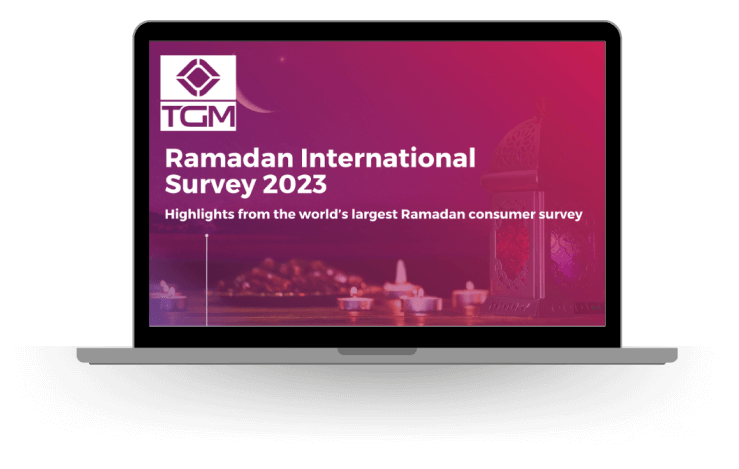

Comprehensive data on consumer trends and preferences during Ramadan across different regions, allowing a better understanding of consumer needs.

Insights into consumer behavior which can help businesses develop more effective marketing strategies

Results of worldwide independent survey of over 1 billion consumers in 15 countries, providing a broad and representative sample.

Extensive data appendices to support the research’s findings and insights, dwelling deeper in the results. The Ramadan report with detailed information in Morocco can be downloaded.
Table of contents
TGM Ramadan International Survey 2023
Language: English
Released: 03/2023
Pages: 77 with detailed references
Document: country xls tables with demographics, pdf report
Access after purchase: check your email
Want to find more Ramadan insights of consumers in Morocco?
Get full detailed report from the world's biggest Ramadan survey
METHODOLOGY:
Approximately 750 interviews were completed in each of 14 countries participating. In Morocco sample size was N=780. with sample being nationally representative of online adults ages 18-55 based on age, gender and region in that market.

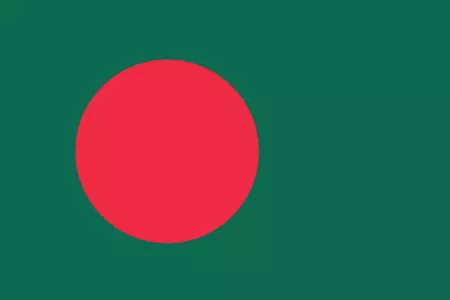 Bangladesh
Bangladesh 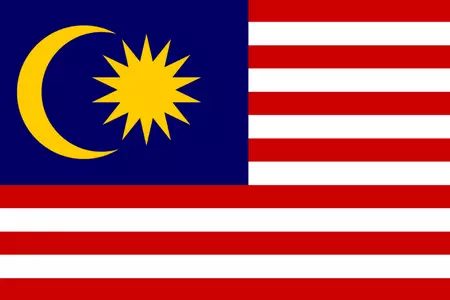 Malaysia
Malaysia 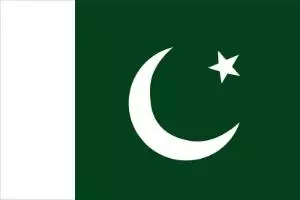 Pakistan
Pakistan 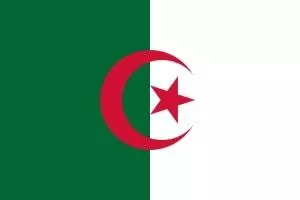 Algeria
Algeria 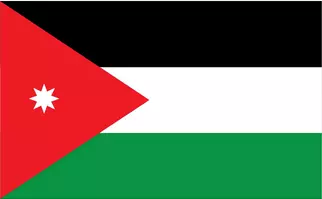 Jordan
Jordan 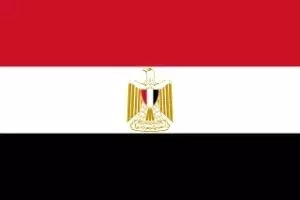 Egypt
Egypt 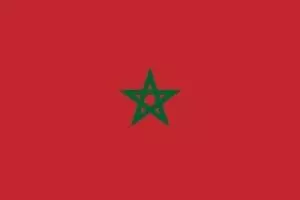 Morocco
Morocco 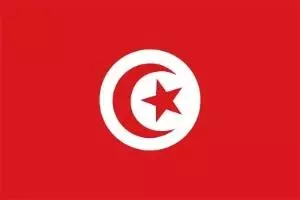 Tunisia
Tunisia 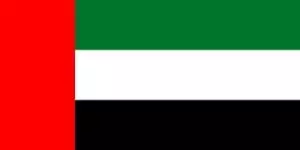 UAE
UAE